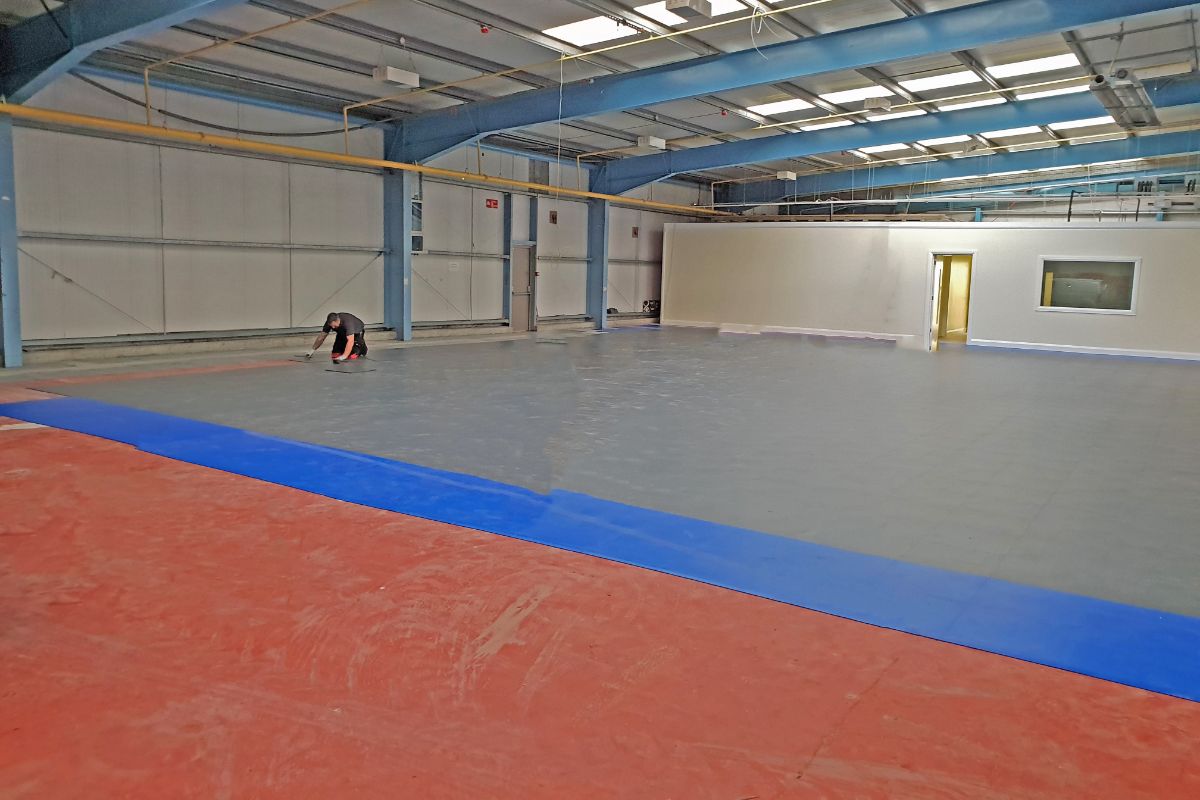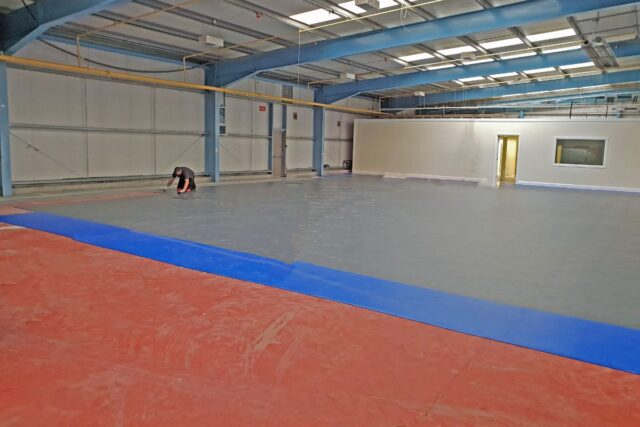
Importance of Damp Prevention
Mold plays a vital role outdoors as it breaks down organic matter such as dead leaves and trees. However, mold can grow anywhere where moisture is present, and it is easy for this airborne fungus to find its way in commercial spaces, factories, warehouses and homes.
Damp is a very common problem in many types of UK buildings and can come in a variety of different forms such as condensation, hygroscopic dampness, and rising dampness. When dampness occurs, you are likely to experience issues such as surface or electrical damage.
If the damp is then left untreated, mold spores can be released into the air and cause a number of health problems once inhaled. Moisture prevention is very important in all human environments, especially in the commercial industry dealing with food as mold can also bring a risk of contamination and lower the shelf life of products.

Types of Damp
There are 3 different types of dampness; lateral damp, condensation and dampness coming through the floor. The impact that these different types of damp will vary depending on the building.
- Lateral Damp: Also known as penetrating damp, often happens when there is a leaking gutter that breaches the damp-proof course and water transfers through damage or ineffective mortar.
- Condensation: Often mistaken for rising damp, condensation is in fact a damp patch created when moist, warm air condenses on a cold surface inside the building and can turn into a breeding ground for black mold.
- Dampness coming through the floor is then caused by groundwater that can move up through the floor or wall. This is why damp-proof membranes were created.
What is a damp-proof membrane?
Damp Proof Membranes (DPM) are a type of membrane material used to prevent dampness from occurring and are often used under a concrete floor to stop it from gaining moisture.
A brief history
Early on in the construction industry, it was wrongly believed that rising damp rose through the bricks. Scientists then discovered that it actually comes through the mortar bed and that it rises through the holes in the mortar mix.
Installing a damp proof course has been a legal requirement in the UK since 1875. Slate, engineering bricks and bitumen with mortar were solutions tried in the early years, but they proved ineffective. In the 1970s the plastic course strip was introduced.
Nowadays a damp-proof membrane and course is used to create a damp barrier.
How does a damp-proof membrane work?
These membranes are made from plastic to protect against the moisture. These can be difficult thing to install as if there are any tears or holes in the plastic membrane sheet, this would allow the penetration of moisture and result in it losing its damp proofing effectiveness.
How to check for moisture in the substrate
When using materials such as wood, plaster, concrete or brick it is important to measure the moisture content of the substrate. This step is important as the presence of moisture will result in poor adhesion and premature coating failure.
Usually, the surface of the substrate is dry because of evaporation, therefore it is important to establish the moisture level within the substrate itself.
There are 2 types of moisture meters developed specifically for measuring the level of dampness in a substrate: pin-type and contact-type meters. Pin-type moisture meters use built-in electrode pins that are pushed into the surface to measure the electrical resistance between the pins, this makes them ideal for finding the exact location of the moisture build-up. Contact-type moisture meters, also known as pinless meters, measure the moisture levels using radio frequency to penetrate the surface.
Damp-proof flooring solutions from R-Tek
Here at R-Tek Manufacturing, we have always pushed forward to make interlocking floor tiles even better.
The R-Tile range is made from hardwearing PVC and does not require a damp-proof membrane, screws or adhesive as it has been designed as a loosely laid system with the joins allowing for evaporation, making it a suitable damp-proof floor solution.
Our interlocking floor tiles, R-Tiles, require minimal subfloor preparation, can be installed over damp or uneven subfloors, at any temperature and don’t require any time to settle. The interlocking floor tiles are extremely durable and hardwearing, and they come with a 15-year wear guarantee.
Our product ranges offer solutions for Industrial flooring, Commercial flooring, Retail flooring, Warehouse flooring, Factory flooring, Office flooring, Gym flooring and Garage flooring. Get in touch with our team today to find out more about R-Tek’s damp-proof flooring solution.


